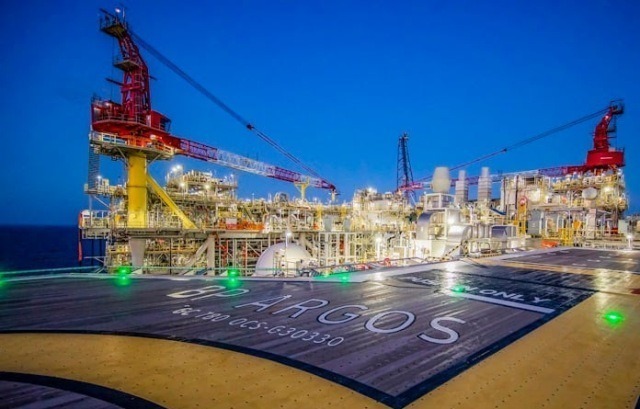The Organization of the Petroleum Exporting Countries (OPEC) has revised its global oil demand growth forecast for 2024 downward for the third consecutive month, highlighting concerns over economic headwinds and cleaner energy transitions.
OPEC predicts global oil demand will rise by 1.93 million barrels per day (bpd), down from its previous estimate of 2.03 million bpd in September. Much of this revision stems from a lower forecast for China, where growth is now expected to be 580,000 bpd, down from 650,000 bpd.
China’s economic slowdown, particularly in construction and housing sectors, as well as the use of liquefied natural gas (LNG) in heavy-duty trucks, has contributed to the dip in oil demand. Despite the Chinese government’s stimulus efforts expected to support fourth-quarter demand, the broader shift toward cleaner fuels is posing long-term challenges, OPEC noted.
Brent crude prices fell by 2 percent after the report, trading below $78 a barrel.
The demand revision comes at a critical time for OPEC+, a coalition that includes non-OPEC members such as Russia. The group has been grappling with how to balance supply and demand as it plans to increase output in December, following delays in planned production hikes due to slumping prices.
OPEC also cut its 2025 global demand growth projection to 1.64 million bpd, down from 1.74 million bpd.
Further complicating the outlook, OPEC+ has maintained production cuts implemented in late 2022, which are set to last until the end of 2025. In September, production dipped by 557,000 bpd due to unrest in Libya and reductions by Iraq, while Russia and Kazakhstan exceeded their OPEC+ quotas, Reuters news report said.
The International Energy Agency (IEA), which will update its figures on Tuesday, holds a more conservative outlook, projecting only 900,000 bpd growth for 2024. This divergence underscores ongoing uncertainty in the energy markets as countries balance economic recovery, environmental concerns, and shifting energy policies.

